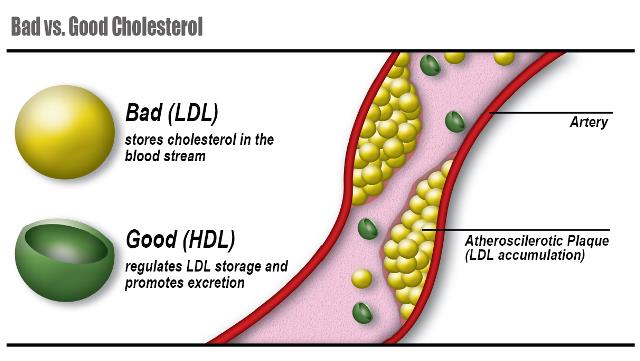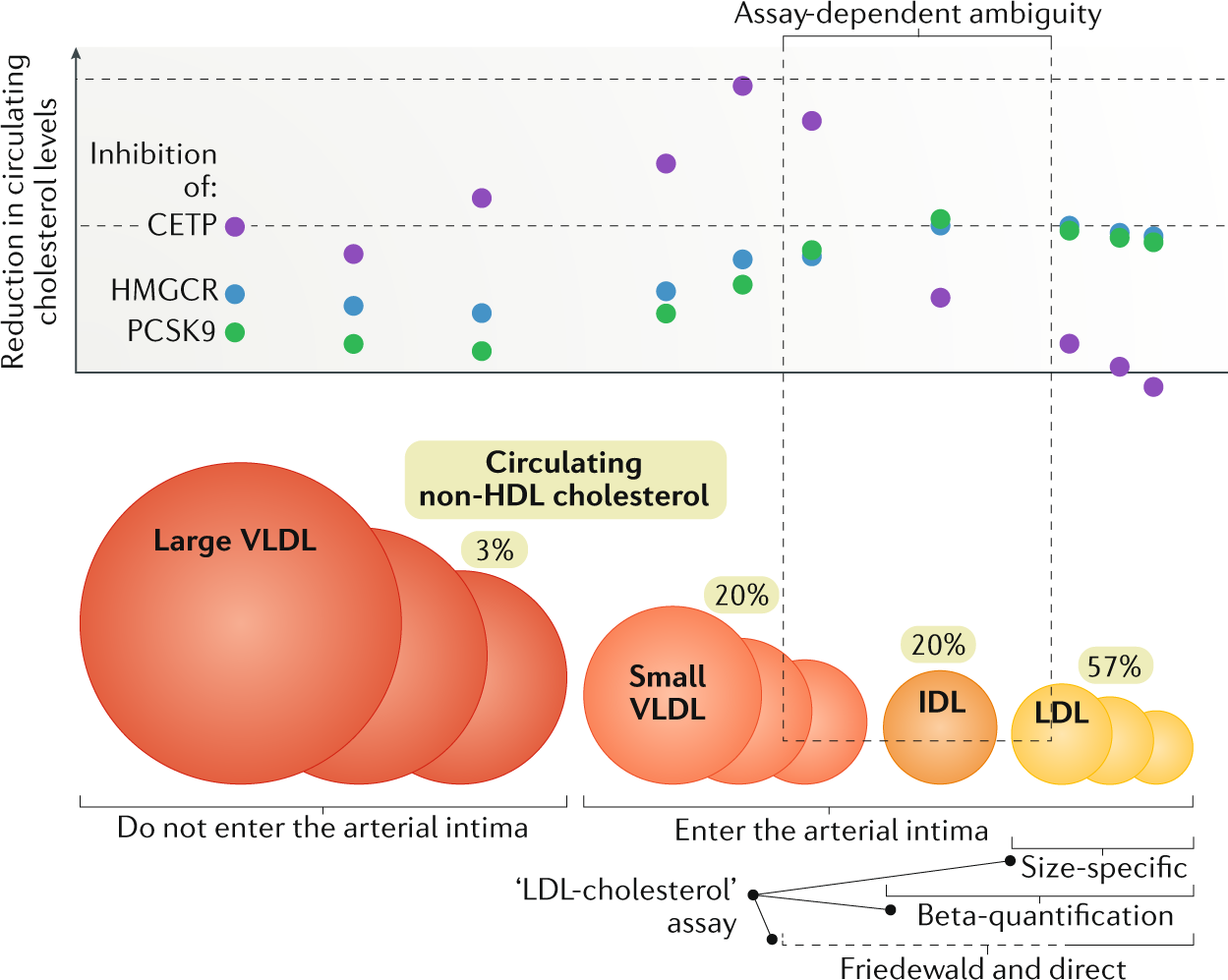

suggest that a similar paradigm (for cholesterol lowering) should be considered,” wrote Ann Marie Navar, M.D., Ph.D., and Gregg C. “If the clinical community can support treating hypertension early in life to prevent the long-term risks of elevated blood pressure, the findings in the study by Zhang et al. The editor’s note accompanying the study noted that current hypertension guidelines recommend treating all adults with high blood pressure despite a dearth of evidence that lowering blood pressure in young adults translates into a health benefit. Lowering LDL cholesterol, often by taking a statin, has been a tenet of cardiovascular disease prevention in the United States for decades, but most of the prescriptions are written for older people with a history of heart attack, stroke or another major cardiovascular event. If clinicians were to follow their suggestions, many more Americans could be taking statins starting at much younger age. “For these individuals, pharmacological therapy to lower LDL cholesterol levels earlier in the life course when atherosclerosis is less advanced may be a more successful way to reverse the disease course and prevent future CVD (cardiovascular) events,” Yiyi Zhang, Ph.D., M.S., of Columbia University Medical Center and her co-authors wrote in the September 2021 issue of JAMA Cardiology. But for young adults with high LDL levels that don’t respond to lifestyle changes, cholesterol-lowering statin drugs may be necessary. LDL cholesterol levels usually can be kept low through exercise, a heart-healthy diet and other lifestyle modifications, according to the study’s authors.

Triglycerides are another type of fat in your blood. But, if your total cholesterol level is high only because of a high HDL level, you’re probably not at higher risk. If your total cholesterol level is high because of a high LDL level, you may be at higher risk of heart disease or stroke. Low-density lipoprotein (LDL) is the “bad” cholesterol. It removes cholesterol from the bloodstream. Good cholesterol is known as high-density lipoprotein (HDL).

What is the difference between “good” cholesterol and “bad” cholesterol? There is “good” (HDL) cholesterol and “bad” (LDL) cholesterol. Too much bad cholesterol (LDL) can be bad for your health. Your body also gets cholesterol from the food you eat. Cholesterol is a waxy substance your liver makes to protect nerves and to make cell tissue and certain hormones.


 0 kommentar(er)
0 kommentar(er)
